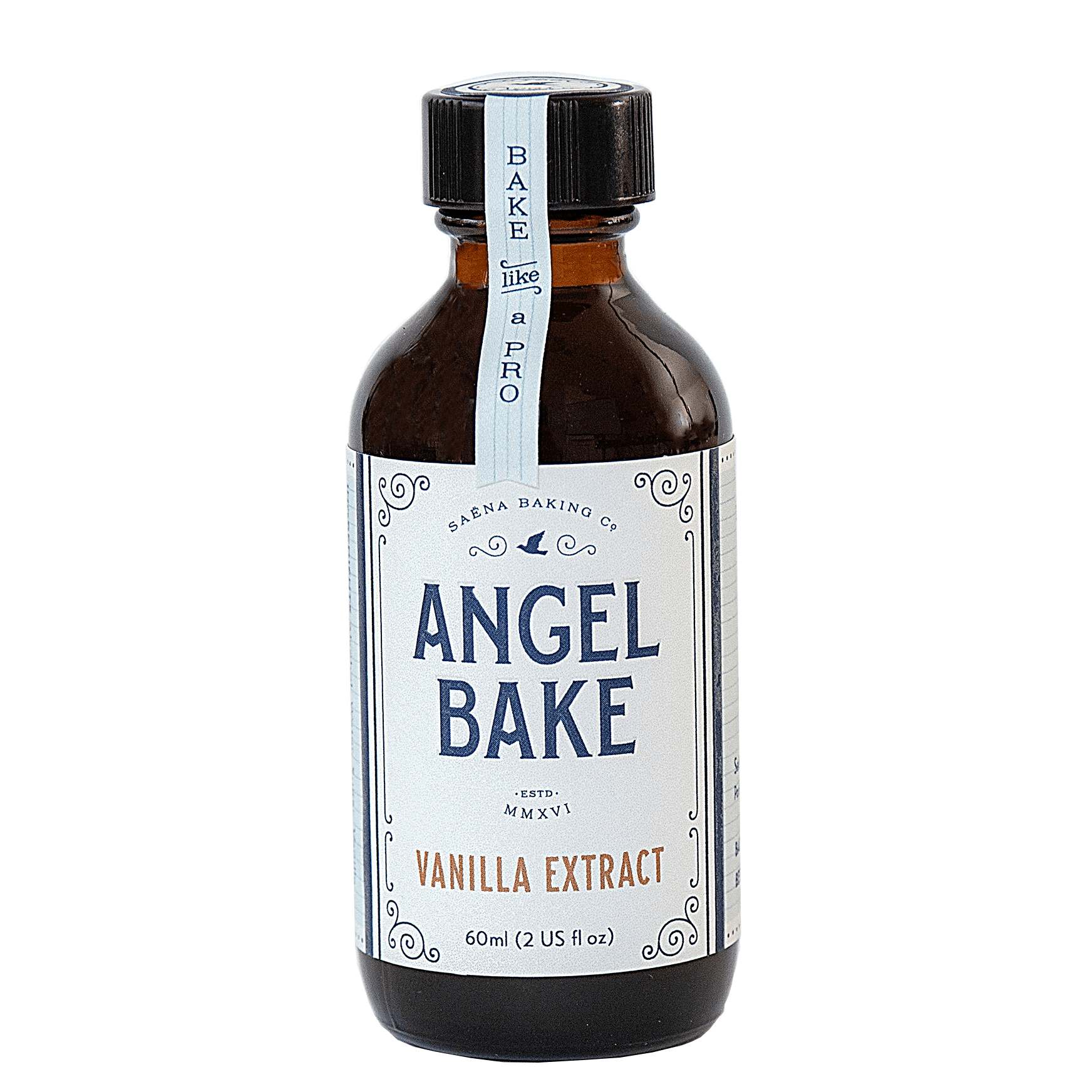


In most typical applications, you should be able to use one of the powdered vanillas. They have no alcohol, which may or may not make them acceptable to those who avoid all alcohol for religious reason (I am not expert enough to say this as an absolute, because it is likely alcohol was used in their manufacturer to create the extract used to make the powder).They can be used in coatings or powders, as for powdered donuts.They can be used in dry mixes, such as a homemade hot chocolate mix or pancake mix.Since they have no water, they can be added to chocolate without causing seizing.The second property opens up new opportunities for the powders: I cannot answer the first question-hopefully someone else can provide insight there, but it will probably vary by brand or specific product. How do the carriers affect a given recipe.What is the relative strength of vanilla flavoring on a measure per measure basis.Only a bit is actual flavorants from vanilla beans. Of course, most of what is in a bottle regular vanilla is alcohol, water, or sugar depending on the specific brand. Both of these particular products indicate that their flavoring is natural, although it almost certainly is created by making vanilla extract, then evaporating the solvent, much as instant coffee is made. If these are typical products, most of what is in the bottle is filler-and the rest is vanilla flavoring.

I imagine you are asking about a vanilla powder such as this one from Nielsen-Massey marketed by King Arthur Flour which is vanilla and maltrodextrin, or this one this one, marketed through Amazon claims to be stronger than vanilla extract, and to consist of "vanilla bean extractives, evaporated cane juice, silica, cellulose."


 0 kommentar(er)
0 kommentar(er)
